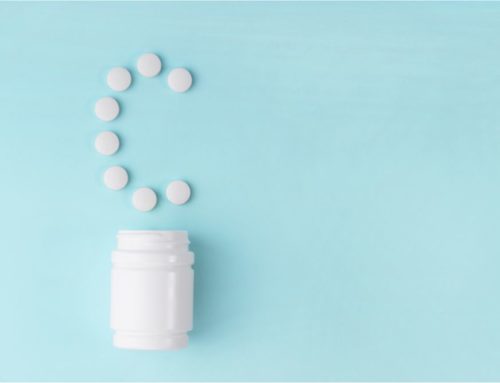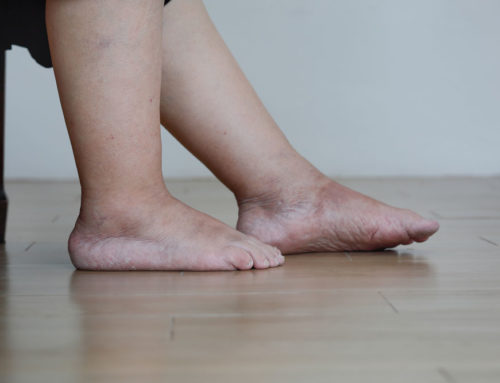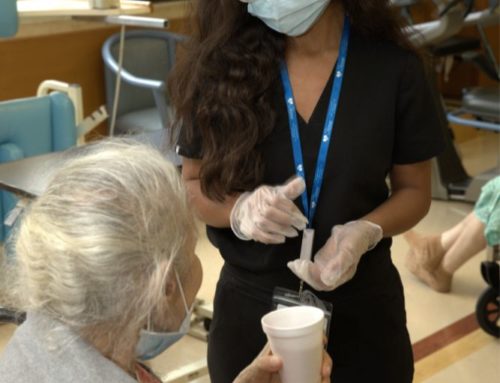Post-operative Care: Why Is It Important?
Despite being necessary at times, surgery can be a frightening experience. Though there are benefits to undergoing surgery, risks are also involved. That’s why it’s important to discuss all aspects of your procedure with your surgeon beforehand. As well as what’s involved in the surgical procedure, you may also want to ask about post-operative care. Knowing what is required during your recovery will help you plan your post-surgical life.
In most cases, the care you require after an operation involves rehab therapies. These can include physical and occupational therapy to help you speed up your recovery. Some individuals may also require nursing and medical care, depending on the type of surgery they have undergone. For more information on what to expect after an operation, check out the following sections, but make sure that you seek medical assistance after surgery.

Is Post-operative Care Necessary?
There are several types of surgery that you could undergo, some of which are more serious than others. Regardless of why you’re getting surgery, post-operative care is necessary. It offers many benefits to ensure that you’re recovering safely.
In fact, such care will begin right after your procedure when you’re in the recovery room. Medical staff will monitor your breathing, pulse, blood pressure, and temperature. They will also check the surgical site for bleeding or signs of infection. If anesthesia was administered during your surgery, you’ll also be watched for allergic reactions.
Pain control is another essential part of post-operative care to ensure you’re as comfortable as possible. Pain management will begin as soon as you’re conscious. Your medical team will decide the type of medication and dosage required immediately after surgery and during your recovery.
Surgery leaves open wounds that require specialized care to ensure proper healing and prevent infection. Such wounds need sterile dressing after the procedure and consistent monitoring. If signs of infection appear, your care may also involve treatment, such as wound exploration, abscess drainage, or antibiotics.
Determining the type of therapy you require is included in post-operative care. Physical therapy may be needed to rebuild strength and regain mobility. Some patients require occupational therapy to ensure they can care for themselves after leaving the hospital. Nursing care may be necessary for those needing extra help during their recovery.
What complications may occur after surgery?
One of the risks of surgical procedures is the complications that can occur afterward. Shock is one of the most common complications, caused by blood loss, brain injury, infection, or metabolic issues. Treatments can include halting blood loss, ventilators, oxygen, or medication.
A hemorrhage is another possible complication during surgery. You may require a blood transfusion, IV fluids, plasma, or even further surgery to stop the bleeding.
Infection can occur if bacteria enter the wound site, delaying healing and causing complications that require post-operative care. Cleaning and draining the site, antibiotics, or surgery are used to treat such infections.
Other possible complications your medical team will watch for include deep vein thrombosis, pulmonary embolism, urinary retention, or breathing issues. Some people also experience allergic reactions to anesthesia. Though rare, the symptoms could be mild to severe, resulting in medication to treat the reaction.
This article contains informational and educational materials and does not replace health or medical advice. For questions or concerns regarding your medical condition or health objectives, speak to a qualified physician or healthcare provider.






Post-operative care is crucial for ensuring a safe and successful recovery after surgery. This comprehensive care includes monitoring vital signs, managing pain effectively, and attending to wound care to prevent infections. It also involves personalized therapies like physical and occupational therapy, tailored to help patients regain strength and mobility.